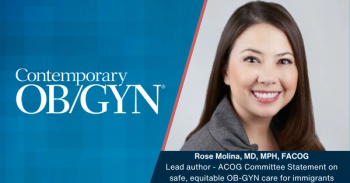
Can E-Alerts Reduce Surgical Site Infections?
Texts, emails, and voicemails may prove effective in getting surgical patients to follow preadmission instructions aimed at reducing surgical site infections.
Texts, emails, and voicemails may divert attention from in-person communications, but those pesky electronic alerts proved effective in getting surgical patients to follow instructions aimed at reducing surgical site infections.
When patients received electronic reminders about their preadmission antiseptic showering regimen using 4% chlorhexidine gluconate (CHG), patient compliance increased. The researchers, publishing in the August issue of the Journal of the American College of Surgeons, found that CHG skin-surface concentrations were significantly less among patients who did not receive the electronic reminders than among patients who were alerted via text, email, or voicemail.
Pertinent Point
- Texts, emails and voicemails may play
a role in reducing surgical site infections by getting patients to better comply with preadmission orders.
"In general, getting patients to comply with this preadmission cleansing strategy is a challenge throughout health care," said lead study author Charles E. Edmiston, PhD, professor of surgery and hospital epidemiologist, Medical College of Wisconsin, Milwaukee. "While patients want to be compliant, they will often forget to fulfill this preadmission requirement. So, that's why we looked to new technology for a solution. When you use a prompt like texting or emailing, you make the patient an intimate partner in the health care process."
Still, the
Of note is that the study did not look at whether those who received the alerts ultimately had fewer surgical site infections. Future research would have to tackle that question, the authors noted.
While the study focused on presurgical showering, the study provides insight into the possibility of using electronic messaging for other preadmission orders, Edmiston said.
"I think a study like this provides us with a tremendous opportunity to empower patients because it clearly makes them an intimate partner in the whole health care experience," Dr Edmiston said. "It's reminding them that they are not a passive player but rather an active participant in an important risk-reduction strategy that if successfully completed can contribute to an improved clinical outcome."
Newsletter
Get the latest clinical updates, case studies, and expert commentary in obstetric and gynecologic care. Sign up now to stay informed.









